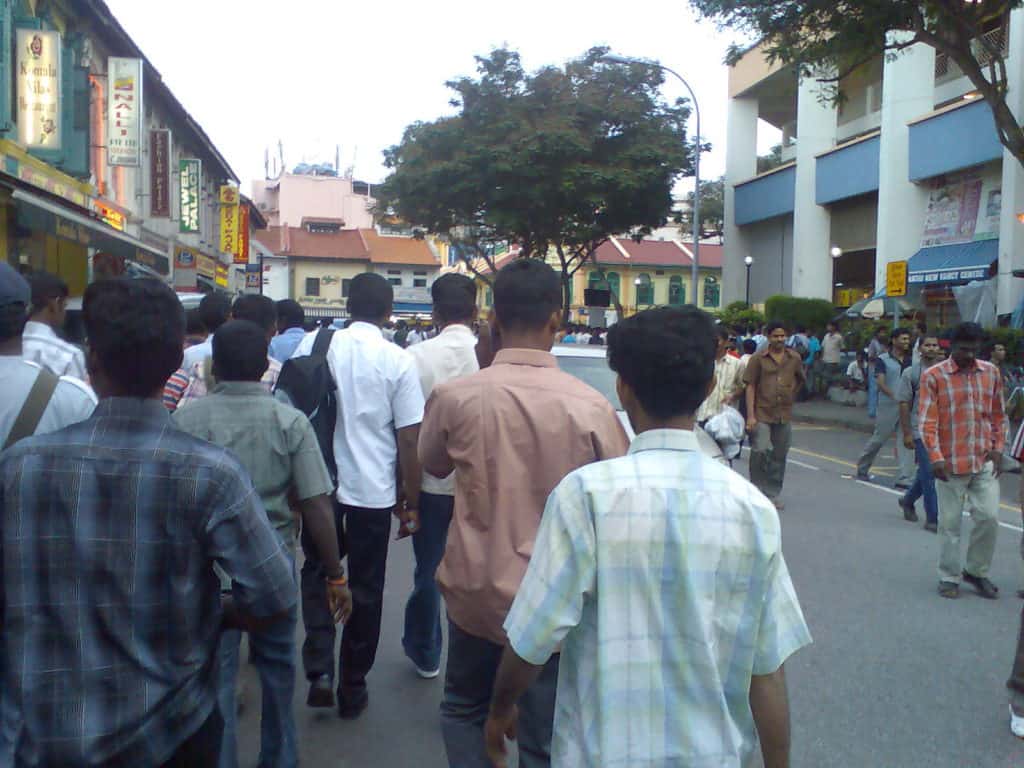
With an estimated 2.1 million people living with the virus, India has the third largest HIV epidemic in the world. On March 22nd, 2017, Parliament passed a landmark bill to protect HIV-positive individuals from discrimination and make anti-retroviral therapy a legal right.
The bill is officially known as the Human Immunodeficiency Virus and Acquired Immune Deficiency Syndrome (Prevention and Control) Bill, 2017. “It will empower the people affected with the disease by giving them legal sanctity,” Health Minister J. P. Nadda said in his presentation to the Lok Sabha (House of the People).
According to the bill, it will be illegal to discriminate against HIV-positive individuals by denying or terminating employment, medical and health services, housing, education or position in public office. It also outlaws HIV testing as a prerequisite for employment, and prohibits HIV testing without signed consent. Under the new legislature, stores and restaurants cannot refuse service to those based on virus status.
Additionally, the new bill will make welfare resources available to those with the virus, and states that “every person in the care and custody of the state shall have right to HIV prevention, testing, treatment and counseling services”. Further, disclosure of HIV status can only be mandated by court order.
Steve Kraus, director of UNAids’ regional support team for Asia and the Pacific, hailed the bill for improving the life quality of those with the virus, saying “This is an important step forward for people living with and affected by HIV in India and around the world. This legislation begins to remove barriers and empowers people to challenge violations of their human rights.”

The legislature will especially benefit those living in smaller, rural communities, where the stigma is stronger— partly due to lack of education regarding how the virus can be transmitted. Children have reportedly been kicked out of school for being HIV positive, while other people have been refused emergency health services or housing.
Section 14 (1) of the bill has received criticism, “The measures to be taken by the central or state governments under section 13 shall include measures for providing, as far as possible, anti-retroviral therapy and opportunistic management to people living with HIV or AIDS” for containing the phrase “as far as possible”.
CPI leader D Raja said this type of verbiage defeats the purpose of the bill, contesting “This is an escape route provided to state governments which do not want to fulfill their responsibility”. Members of Parliament have since verbally agreed to remove the caveat.
Notably, the virus epidemic is slowing down in India. AVERT has reported a “32% decline in new HIV infections (86,000 in 2015), and a 54% decline in AIDS-related deaths between 2007 and 2015”.


